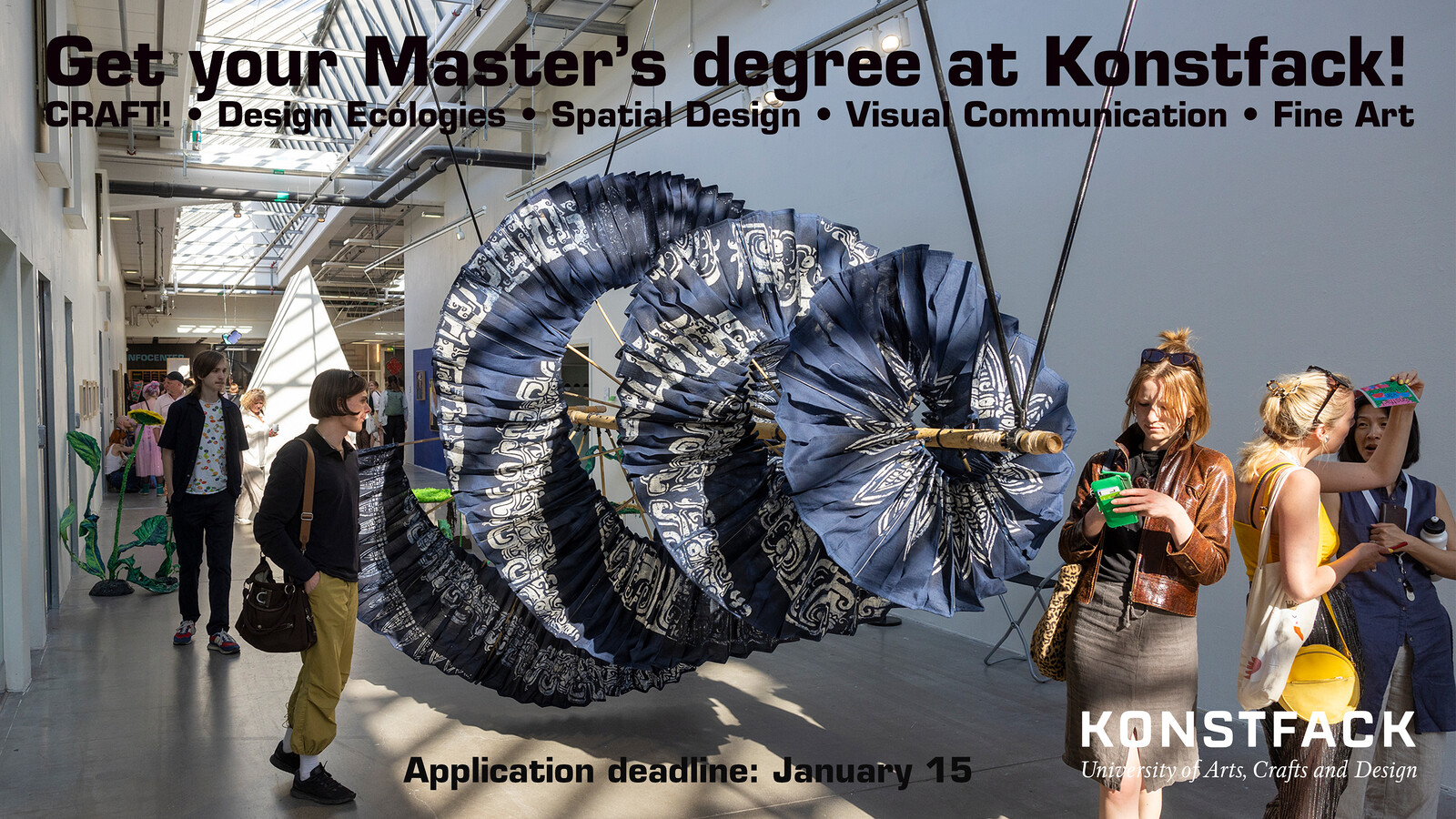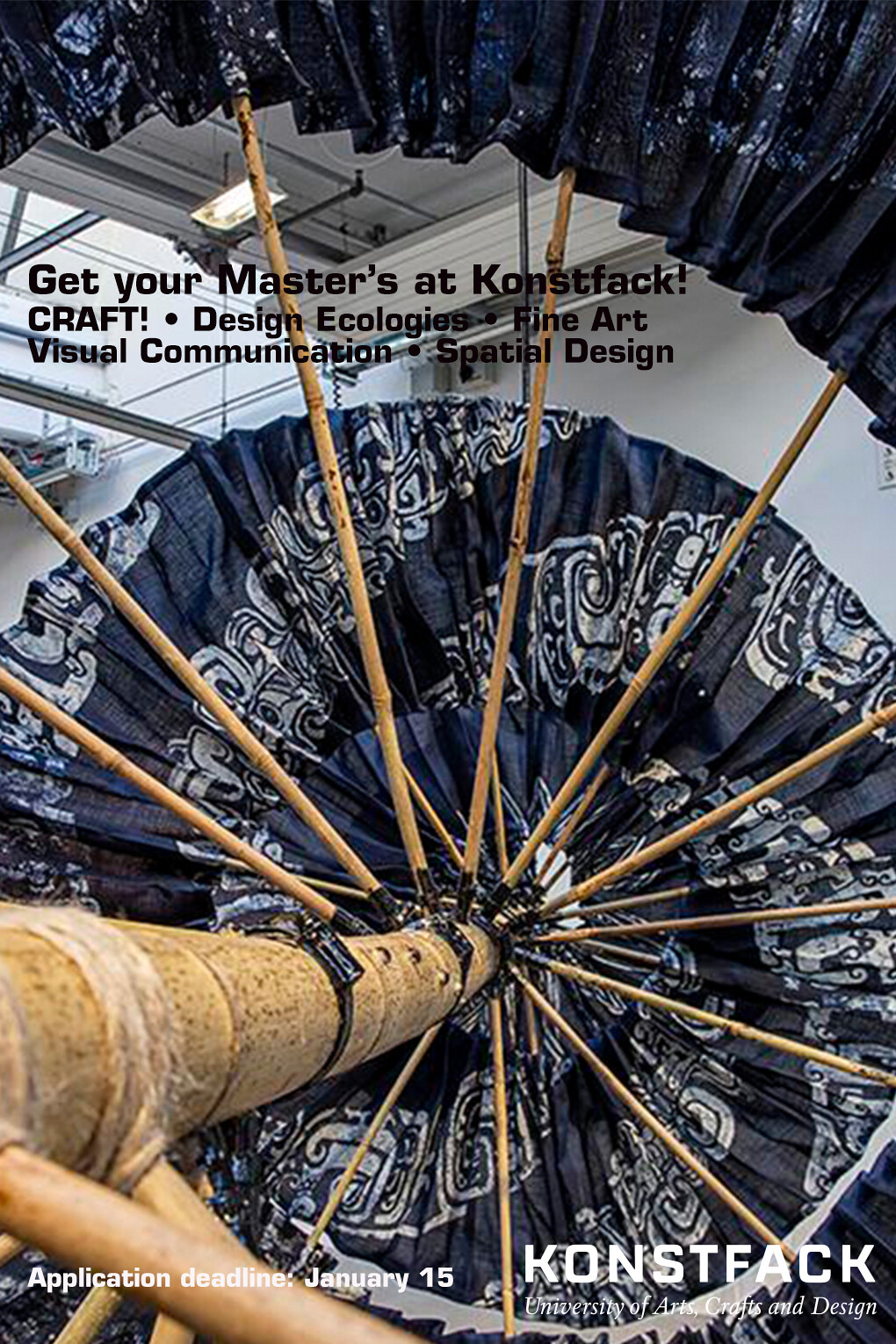Neues Rheinland.
Die postironische Generation
28 November 2010 – 13 February 2011
Gustav-Heinemann-Straße 80
51377 Leverkusen
Germany
The show Neues Rheinland. Die postironische Generation (The New Rhineland. The Post-ironic Generation) will present the first comprehensive museum exhibition of artists born predominantly in the 1970s and who now live and work in the Rhineland.
Comprising 30 positions, the show devises a panorama of a generation guided by communal interest in specific themes following on from established historic trends in the Rhineland, ranging from ZERO Kunst to the postmodern protagonists from the 1980s: out of the rejection of a remote ironic attitude, which characterised both social as well as the discourse within art since the 1980s, a new inclination towards seriousness and engagement, but also humour, began to develop.
While the generation of their “teachers” was confronted by a world whose antiquated, polarised systems of power were is dissolution, those individuals born in the 1970s grew into a world in which globalisation and an unfettered capitalism constituted the status quo. If 1980s artists reacted to the fundamental transformation of their social system by using the repeated disjunctures and mirrorings of irony, it would seem by contrast that cutting “ambiguity” has become something of a blunt instrument in the stylistic arsenal of a new generation of artists at the start of the twenty-first century.
Applied thematic approaches, such as the orientation towards people, their corporality as well as their utopian ideals, determine the scope of today’s artistic enquiry. In this connection, the post-ironists try out traditional methods in a new way: they concentrate their energies on more marginal media such as ceramics, woodcuts or silhouettes and endeavour to find a natural, at times emphatically craftsmanlike engagement with their chosen materials, their characteristics and qualities, as well as metaphorical dimensions.
The artists in question approach their subject matter—which for its part may well be geared towards selected modernist positions—in post-ironic fashion and in an artistic process characterised by seriousness. Deploying a large number of diverse media—ranging from painting, photography, collage, via installations, sculptures and spatial interventions, all the way to video and animation—the exhibition traces the manifold strategies of post-ironic thinking. Although the works refrain from using irony, they are by no means devoid of humour: indeed, it is at this very threshold between irony and humour that the presentation generates its thesis regarding a new artistic generation in the Rhineland, which, as the leading location for art training and the most dense regional concentration worldwide of cultural institutions, possesses unique status as a barometer of international developments.
A exhibition catalogue will be published by the Distanz Verlag in German and English with essays by Jörg Heiser, Stefanie Kreuzer and Noemi Smolik, a preface by Markus Heinzelmann, as well as 30 short texts on individual artistic positions by writers living in the Rhineland, such as Fritz Emslander, Ursula Frohne, Renate Goldmann, Ulrike Groos, Lilian Haberer, Barbara Hess, Markus Heinzelmann, Michael Heym, Georg Imdahl, Nadia Ismail, Gregor Jansen, Stefanie Jansen, Christian Jendreiko, Rita Kersting, Stefanie Kreuzer, Doris Krystof, Thomas W. Kuhn, Catrin Lorch, Paola Malavassi, Markus Mascher, Petra Pechtheyden, Renate Puvogel, Sabine Maria Schmidt, Christiane Maria Schneider, Angela Stercken, Susanne Titz, Heike van den Valentyn, Astrid Wege, Moritz Wesseler and Oliver Zybok. The catalogue has 260 pages with approx. 130 colour, (ISBN 978-3-942405-20-1).
The opening takes place on Sunday, the 28th November 2010 at noon.
Museum Morsbroich
Telephone: +49-214-855 56-0
Fax: +49-214-855 56-44
E-Mail: museum-morsbroich@kulturstadtlev.de
www.museum-morsbroich.de
Neues Rheinland. Die postironische Generation was made possible by Kunststiftung NRW and Stiftung Kunst, Kultur und Soziales der Sparda-Bank West.
With the kind support of LVR – Landschaftsverband Rheinland and EVL – Energieversorgung Leverkusen.
*Image above:
Courtesy Linn Lühn.
© 2010 VG Bild-Kunst.


